Books I read in 2020
[Vikram Mandyam] / 2021-01-05

2020 has been a tough year for everyone. It has been said so many times that it has become a cliché. I only bring this up because the first book I read in 2020 was on an airplane - back when “travel” was not a dreaded word. It almost feels alien, like a world that only ever existed in a dream!
I am glad that I could stick to my love of reading even through the pandemic. In 2020, I set a goal to read 42 books. I was pleasantly surprised that I actually read 56 books.
To quote from one of my favorite books from 2020:
The genuine love for reading itself, when cultivated, is a superpower. We live in the age of Alexandria, when every book and every piece of knowledge ever written down is a fingertip away. The means of learning are abundant—it’s the desire to learn that is scarce.
‐ Naval Ravikant
Any sentence I use to describe the year 2020 contains some of the choicest curse words. It was tough! In 2020, I experimented with what I read and how I read - Primarily to find something that helps me deal with life and its challenges.
The 2020 bookshelf

What was different in 2020?
I did not give any extra thought to how I picked the books. I tried to find books to read from many sources - blogs, tweets, LinkedIn posts, podcasts, other books, and recommendations from people.
I read multiple books at a time - typically - one helping me deal with life and its stressors, one for solving a big technical problem at work and, one for entertainment.
I read diverse topics in 2020 - technical-books, fiction, non-fiction, and a lot of philosophy. Not only were the topics diverse, but I also consumed the books differently. I also started listening to audiobooks. In the midst of a pandemic, like everyone else, I found myself struggling to make time. So I decided to try out audiobooks, mainly because I can listen to them while performing the household chores during the lockdown.
When it came to fiction, I binged on some book series. I enjoyed the continuity and the familiarity of the protagonist while moving from book to book.
Best books I read in 2020
Among the books listed above, I found these to be really good:
Life-altering books - books to read to change your view on life
Are you ready to succeed? by Srikumar Rao
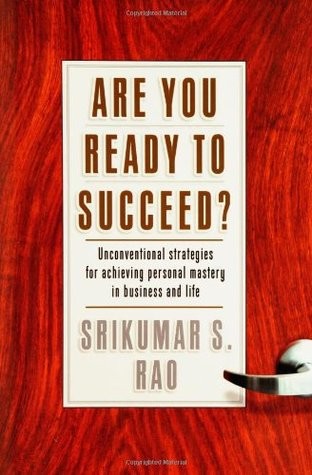
“All of the stress in your life results directly from your fixed notion of how the Universe should behave and from your inability to accept the merry diversions that the Universe takes from your agenda” ‐ Srikumar Rao
This book is my highlight of 2020. I am a big fan of Srikumar Rao. I have listened to many of his talks on YouTube and have read his books in 2019 as well. The best way to read this book is to go in, ready to be challenged. If you are truly open to some life-altering lessons, then this is the book for you.
The Almanack of Naval Ravikant: A Guide to Wealth and Happiness by Eric Jorgenson
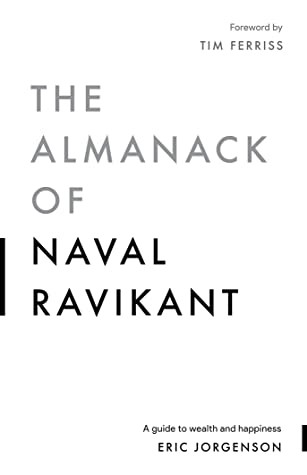
A typical self-help book these days is one where you have a central theme and a blogpost worth of content. The author then pads it up with example after example to make it heftier.
But some books are the opposite of what the typical self-help book is. This is one such book! This book contains so much wisdom per sentence, it can, in itself be a decade’s worth of self-help books.
Naval Ravikant is an entrepreneur and investor. This book is compiled from his podcasts and tweets. To digest and internalize everything in this book, take it slow - read one chapter a day and meditate on it.
Best philosophical books
The Upanishads by Eknath Easwaran, Michael N. Nagler
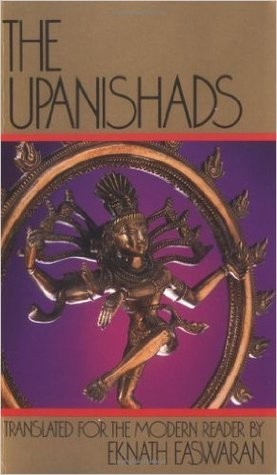
Upanishads are not religious books, contrary to popular opinion. They are based on spirituality. They don’t talk about any god - they provide a conceptual framework of God!
This particular book is a good translation of the Upanishads and teaches us to look deep inside us for answers, the answers to the biggest unsolved questions humans have ever asked.
The Dhammapada by Eknath Easwaran
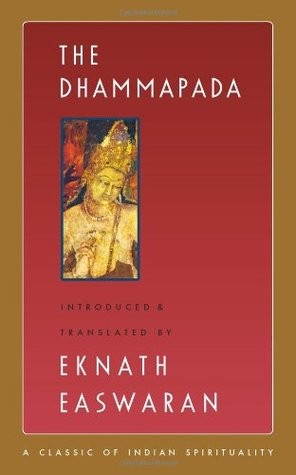
If The Upanishads are the “theoretical physics” of spirituality, then The Dhammapada is the “applied sciences and engineering” of spirituality. This is a sort of a field guide to navigating life - given to us by one of the greatest humans the planet has ever known - The Buddha!
Buddha was the original listicle writer - He gave us the four noble truths, the eightfold path, the four foundations of mindfulness, the five daily recollections, and many more - so that the common man can learn to deal with life.
Rational Buddhism is the best principle to live life by(as stated by Naval Ravikant).
Best Non-fiction books
Sapiens by Yuval Noah Harari
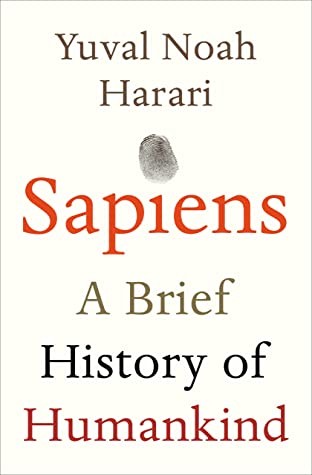
Divided into multiple parts that speak about the various revolutions that changed the course of humanity - it makes for a very engaging read. No wonder, everyone from Bill Gates to Barack Obama has read it!
“Wheat domesticated Homo sapiens, rather than vice versa.” - One of the many eye-opening examples from this book talks about how wheat has become one of the most successful plants in the history of the earth. Ten thousand years ago wheat was just a wild grass, confined to a small range in the Middle East. Suddenly, within just a few short millennia, it was growing all over the world.
Vikram Sarabhai, A life by Amrita Shah
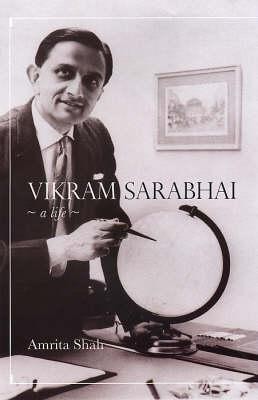
Born to a very rich family of businessmen, He could have done anything, but his love for science turned him into a visionary who started a space program in a country that was deep in poverty! “We do not have the fantasy of competing with the economically advanced nations in the exploration of the Moon or the planets or manned space-flight. But we are convinced that if we are to play a meaningful role nationally, and in the community of nations, we must be second to none in the application of advanced technologies to the real problems of man and society, which we find in our country.” - Dr. Vikram Sarabhai said in 1969.
Needless to say, the budget of the space program was way lower than any of the other nations. That’s where the tradition of doing everything cost-effectively started. Even today, this is evident in The Mars Orbiter Mission which was achieved on a budget of $74 million - a journey to Mars cost India $0.096 per kilometer.
Best technical book
Fundamentals of Software Architecture by Mark Richards and Neal Ford
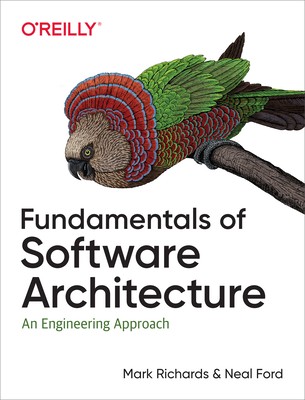
Software architecture is a constantly moving target because of the rapidly evolving software development ecosystem. Software architects must make decisions within this constantly changing ecosystem which makes this job one of the toughest tight rope acts in the world of technology! This book provides an insight into how one might go about this - packed with actionable practical advice, concrete examples, and many quotable quotes.
Best fiction books
Dark Matter by Blake Crouch
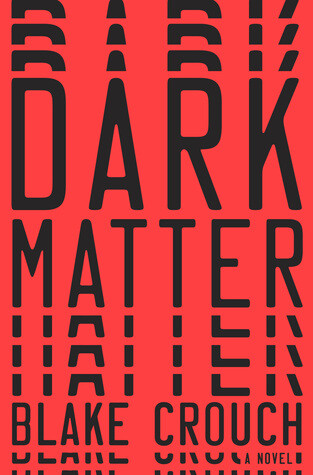
What might have been and what has been
Point to one end, which is always present.
Footfalls echo in the memory
Down the passage which we did not take
Towards the door, we never opened.
‐ T. S. Eliot, “Burnt Norton”
Except for the cryptic poem found at the beginning of the book, I cannot say more without spoiling the book. I am still trying to find parts of my brain “lost in this book”. (BTW, this book will make for a great Nolan movie) It will make you feel insignificant and truly understand how unfathomable infinity is!
The Lincoln lawyer series by Michael Connelly (6 books)
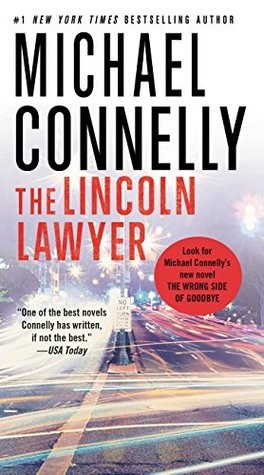
This series of books is about a defense lawyer who works from the back seat of his Lincoln car. The first book in the series is also a movie starring Matthew McConaughey.
The quick-witted protagonist Mickey Haller provides some good entertaining moments in the court of law. For him, the law is about what can be proven in the court and not much about whether his client is guilty! It makes for a very entertaining fast-paced read.
In closing…
I hope you found something in here that stokes your interest.
In case you have any book recommendations - do let me know. I am always looking for new books to read. Anything that helped you - please pass it along.